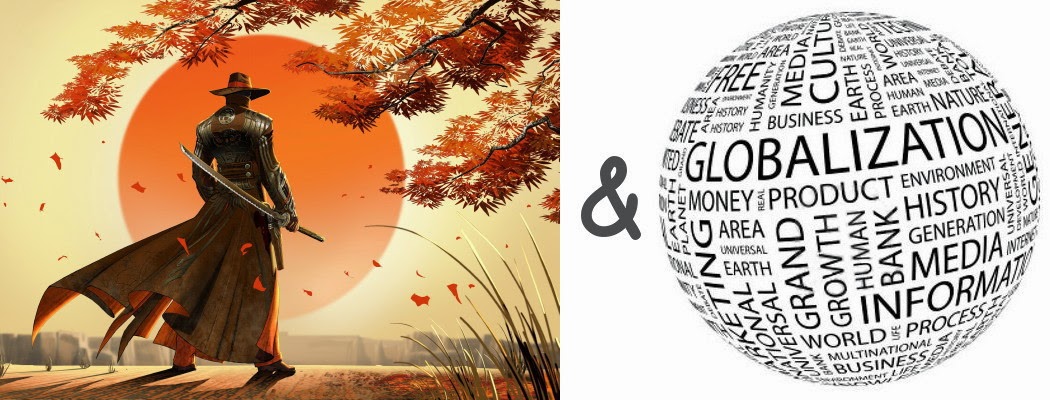The samurai and globalization: does culture matter for development?

Augusto Lopez-Claros & Valeria Perotti The transformation of Japan into a modern economy at the end of the 19 th century is a tale of culture and cultural change. The centuries-long transmission of values like honor, loyalty, duty, obedience and discipline in the bushido (the code of conduct of the samurai) contributed in fundamental ways to shape Japan’s human capital. However, a change in mindset – triggered by the personal influence of key political figures – needed to happen in order for the country to devote its efforts to economic development. Japan’s 250-year old feudal shogunate collapsed in 1867-68 and power returned to the emperor in Kyoto. The Home Minister appointed in 1873, Okubo Toshimichi, was relentless in the recruitment of talent for his Ministry, believing that promotions should be based on merit rather than family or military connections, and that those trained abroad were particularly well-suited to assist him in his efforts to launch Japa...



